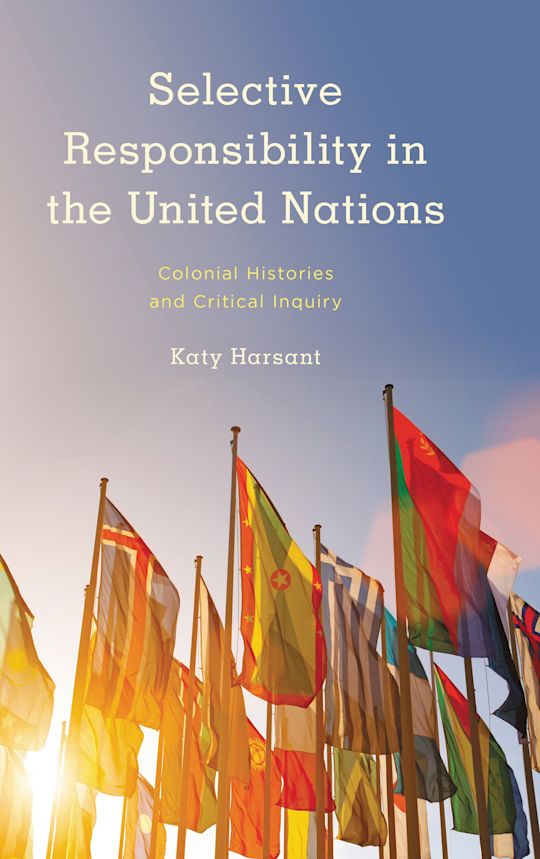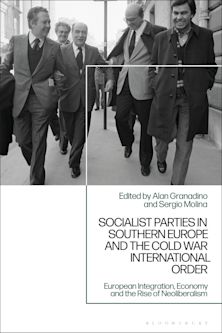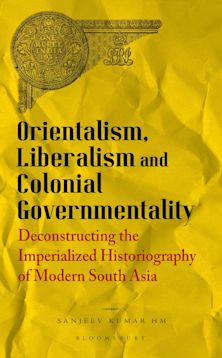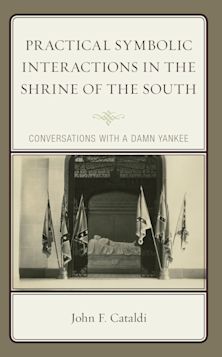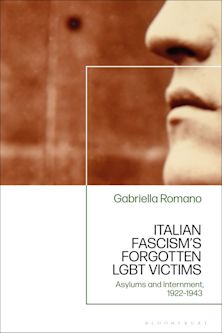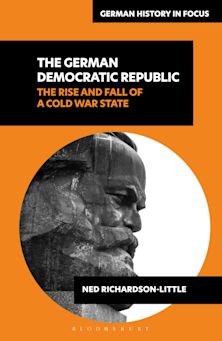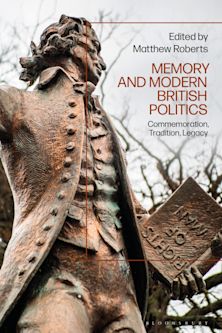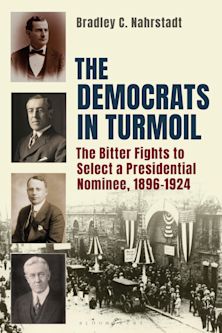Selective Responsibility in the United Nations
Colonial Histories and Critical Inquiry
Selective Responsibility in the United Nations
Colonial Histories and Critical Inquiry
This product is usually dispatched within 1 week
- Delivery and returns info
-
Free US delivery on orders $35 or over
Description
The United Nations claims to exist in order to maintain international peace and security, providing a space within which all states can work together. But why, then, does the UN invoke its responsibility to protect through humanitarian intervention in some instances but not others? Why is it that five states have the power to decide whether or not to intervene? This book challenges the dominant narrative of the UN as an institution of equality and progress by analyzing the colonial origins of the organization and revealing the unequal power relations it has perpetuated.
Harsant argues that the United Nations is unable to fulfill its claims around the protection of international peace and security due to its very structure and the privilege of certain states. Moreover, through a rigorous examination of the history of the UN and how those structures came to be, she argues that the privilege afforded to these states is the result of power relations established through the colonial encounter.
In order to understand the pressing contemporary issues of how the United Nations operates, particularly the Security Council, this book discusses issues of power and sovereignty by de-silencing the narratives of resistance and reconstructing a history of the United Nations that takes this colonial and anti-colonial relationship into account. This is a bold challenge to the eurocentrism that dominates International Relations discourse and a call to better understand the colonialism’s role in preserving the existing global order.
Table of Contents
Abbreviations
Introduction: Selective Responsibility and Reading Through History
Postcolonialism, Neocolonialism and Sovereignty
Reading Through History
Structure of the Book
Chapter 1 - From Sovereignty to Sovereign Equality
A History of the United Nations
Academic Narratives of the United Nations
Sovereignty and International Law
Sovereignty and the League of Nations
From Sovereignty to Sovereign Equality
Sovereign Equality and Trusteeship
A Colonial History of the United Nations
Chapter 2 - Resistance to Imperialism and the Two Leagues
President Wilson and the Paris Peace Conference
The League of Nations, Self-Determination and the Mandate System
The League Against Imperialism
Universalism and Internationalism
Chapter 3 - The United Nations and Colonialism: Re-Narrating San Francisco
The Colonial Question at San Francisco
Anti-Colonialism at San Francisco
Permanent Membership and Postcolonial Privilege
Power vs. Responsibility
Sacrificing Sovereignty
From Mandate
Product details
| Published | Aug 31 2022 |
|---|---|
| Format | Hardback |
| Edition | 1st |
| Extent | 192 |
| ISBN | 9781786610287 |
| Imprint | Rowman & Littlefield Publishers |
| Dimensions | 9 x 6 inches |
| Series | Kilombo: International Relations and Colonial Questions |
| Publisher | Bloomsbury Publishing |
Reviews

ONLINE RESOURCES
Bloomsbury Collections
This book is available on Bloomsbury Collections where your library has access.









